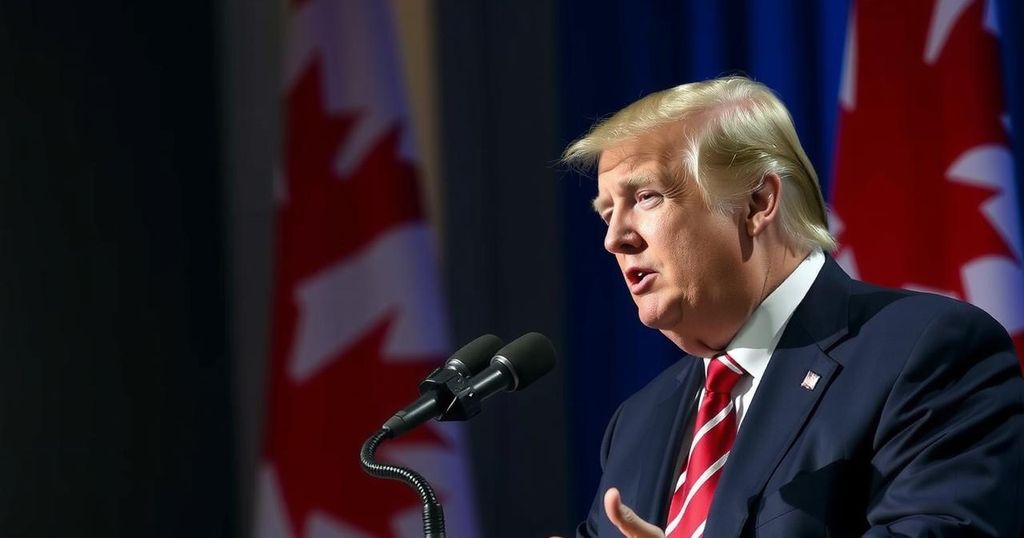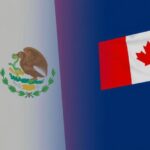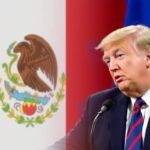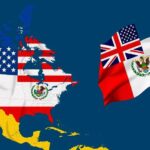Canadian Leaders React to Trump’s Proposed Import Tariffs Amid Trade Concerns
President-elect Donald Trump’s tariff plan targeting Canadian imports has prompted a strong reaction from Canadian leaders, particularly Ontario’s Doug Ford, who termed it “devastating.” Canadian ministers emphasize the importance of bilateral trade, while discussions between Trudeau and Trump aim to address economic and border security issues. The concern over increased illegal crossings heightens the urgency of this situation, with officials advocating for strategic negotiation.
U.S. President-elect Donald Trump’s proposed 25% tariff on goods imported from Canada, Mexico, and China has raised alarms throughout Canada, especially among political leaders like Doug Ford, the Premier of Ontario. Ford characterized the tariff as “devastating,” emphasizing its potential negative implications for jobs and economic stability on both sides of the border. Despite the gravity of Ford’s statement, the official Canadian government response has been more subdued. Prime Minister Justin Trudeau reportedly engaged in discussions with Trump to address the impending tariff and other concerns associated with their border policies.
Canadian ministers have underscored the significance of maintaining a strong U.S.-Canada trade relationship, as evidenced by Canada’s substantial contribution to U.S. imports, amounting to approximately $437 billion in 2022. Deputy Prime Minister Chrystia Freeland and Public Safety Minister Dominic LeBlanc noted the importance of collaboration on border security matters. While Ford shared concerns with leaders from Quebec and British Columbia, some voices urged caution, emphasizing preparedness to navigate potential tariffs and trade negotiations.
Trump’s rhetoric regarding tariffs may serve a strategic purpose in his negotiation approach, as mentioned by Scott Bessent, nominated to be the U.S. Treasury Secretary, who alluded to Trump’s inclination toward being a free trader despite provocative tactics. The overarching concern regarding the U.S.-Canada border remains heightened, with recent statistics indicating a notable increase in illegal crossings, prompting new scrutiny from U.S. border officials who regard the northern border as a security vulnerability.
The discussion surrounding Trump’s proposed tariffs emerges amid broader issues of trade relations between the United States and Canada, particularly concerning border security and illegal crossings. The context of these tariffs is rooted in Trump’s campaign promises to strengthen U.S. borders and curb illegal immigration. This proposed economic policy appears to target not only economic concerns but also underlying social issues related to drug trafficking and migration. Canada has historically been a crucial trading partner for the U.S., with substantial economic interdependence, making the impact of such tariffs significant for both nations.
In summary, President-elect Trump’s $437 billion tariff proposal on Canadian goods has elicited serious concerns from Canadian officials, particularly due to its potential impact on jobs and economic stability. Ontario’s Premier Doug Ford labeled the proposal as “devastating,” and Canadian leaders are engaging in high-level discussions to navigate this turbulent issue. While there is an urgent call for action to address border-related concerns, officials urge preparedness and strategic negotiation in the face of potential economic ramifications.
Original Source: www.bbc.com








Post Comment